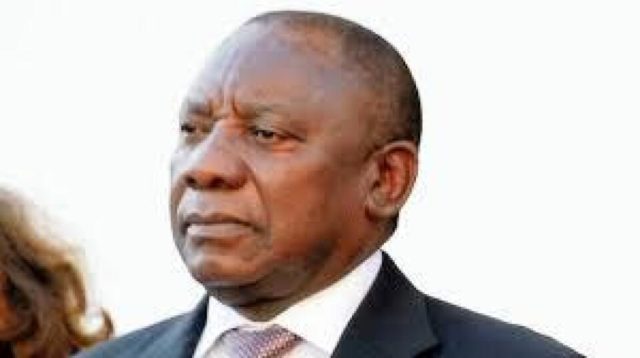“The State Security Agency will have to look at whether the targeting resulted in actioning, whether the phone of the president was tampered with,’’ says acting Minister in the Presidency Khumbudzo Ntshavheni.
ACTING Minister in the Presidency Khumbudzo Ntshavheni on Wednesday expressed the government’s unhappiness with a report that an Israeli spyware firm may have had President Cyril Ramaphosa’s number on its database.
UK newspaper The Guardian reported on Wednesday that Ramaphosa was among 14 world leaders identified in records on a leaked list which includes numbers selected by governments that are clients of Israeli spyware firm NSO Group.
The Guardian reported that appearance on the list does not mean it was subject to an attempted or successful hack and that NSO insisted the database has “no relevance” to the company.
According to the report, Ramaphosa appears to have been selected by Rwanda in 2019.
NSO Group denied to The Guardian that a number appearing on the list indicates that it was selected for surveillance through its spyware Pegasus.
Ntshavheni said the government was unhappy that Ramaphosa may have among the list of world leaders selected for possible intelligence targeting by NSO spy ware.
”Of course we will not be happy that we have been targeted because we believe that that infringes not only on the privacy of the person of the president, but also the sovereignty of this country to make its own decisions without other countries trying to pre-empt those decisions and influence them, and also trying to undermine those decisions,” she said at the government’s briefing on Wednesday.
Ntshavheni said the report was not indicating that the spyware was actioned.
“So the State Security Agency (SSA) will have to look at whether the targeting resulted in actioning, whether the phone of the president was tampered with.
’’The SSA will have to do that part and give us a report, but we are not happy by the mere fact that we are targeted, and it’s a pity that that report comes now when relations within the region are improving and we do not want to get to a state of distrust within members of the Southern African Development Community (SADC),” she said.
According to Ntshavheni, the South African government was hoping to work together with fellow SADC members to protect and respect the sovereignty of individual states and not use unacceptable means to find information.
”There are always diplomatic channels to find information on decisions of South Africa,” she said.
– Political Bureau








